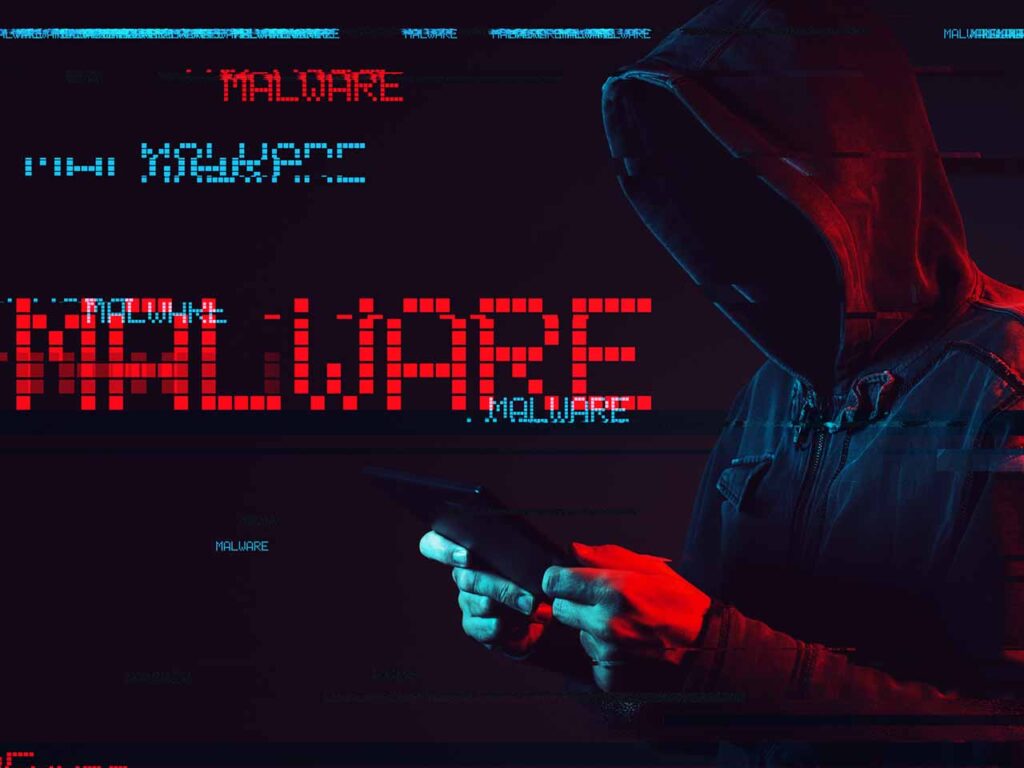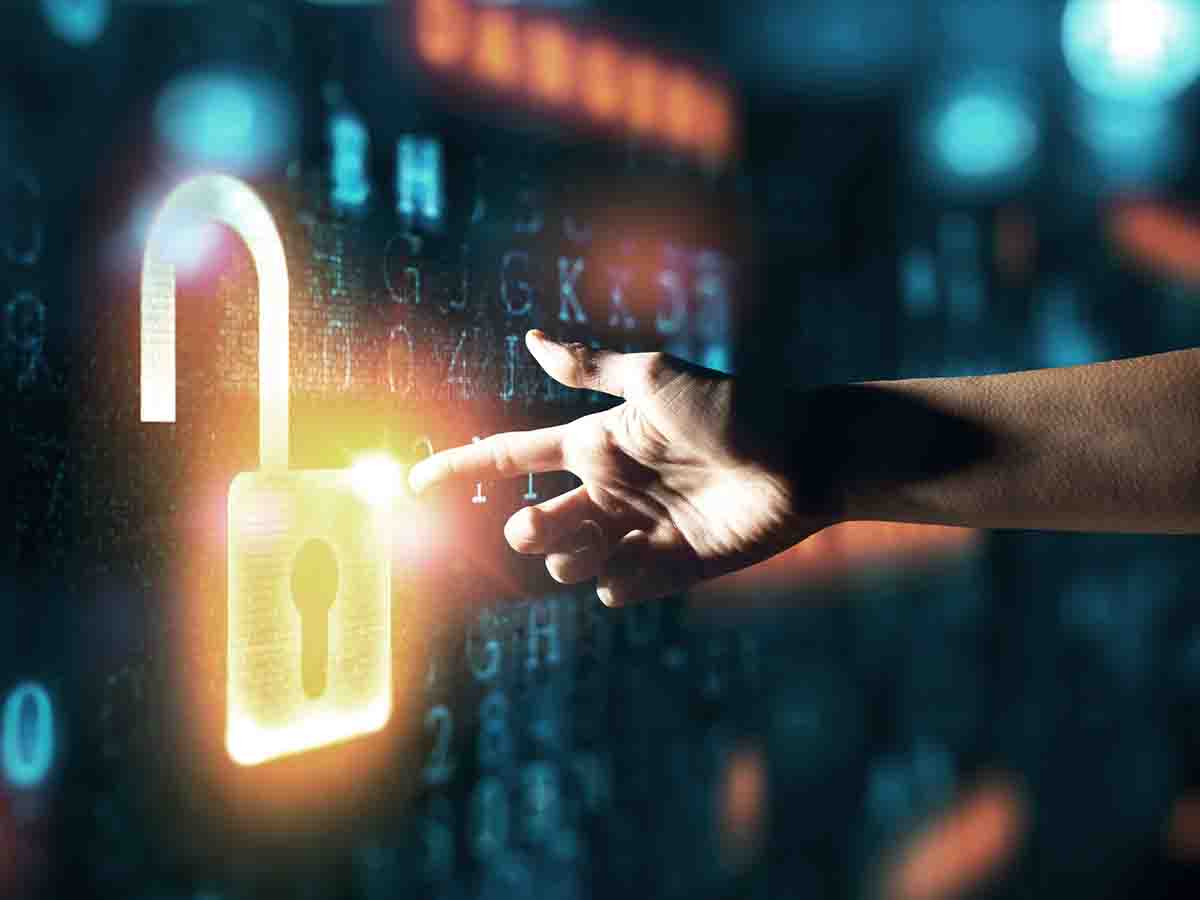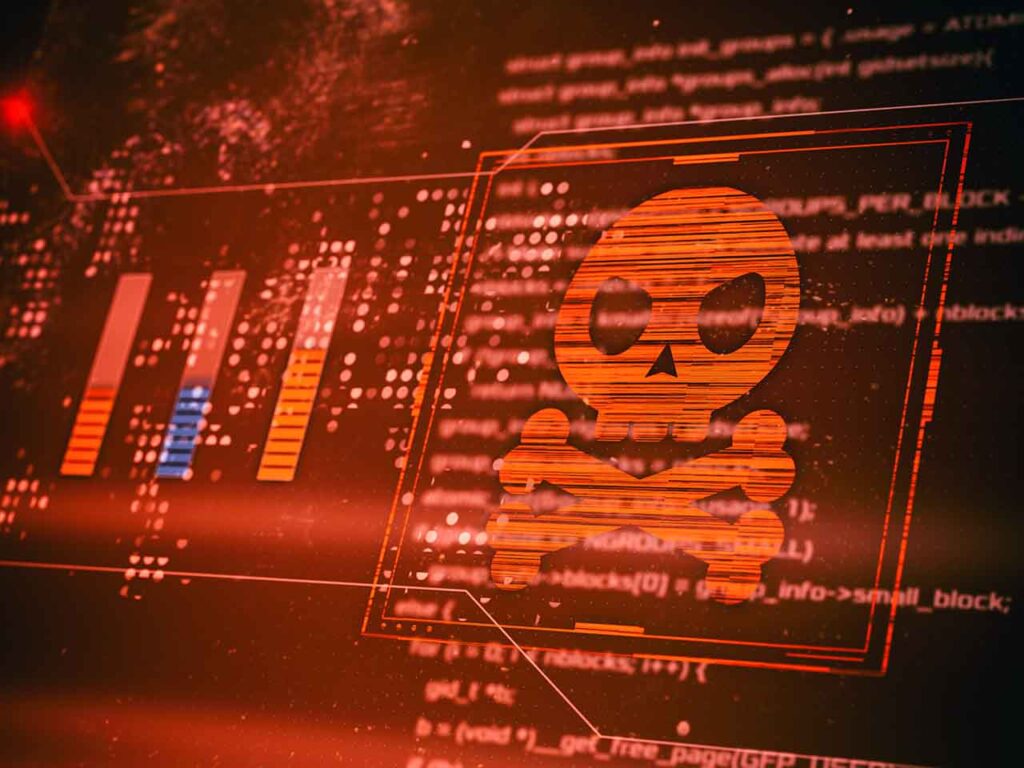Hackers use malware for various reasons, including financial gain, espionage, sabotage, or to make a political or ideological statement.
Malware allows them to compromise systems, steal sensitive information, disrupt operations, or manipulate data without the victim’s knowledge.
Stay One Step Ahead of Cyber Threats
5 Objectives of Hackers When Using Malware
1. Financial Theft
Malware can be used to steal financial information, such as credit card numbers or online banking credentials, which can then be used to commit fraud or sell on the black market.
2. Ransomware Attacks
Hackers use ransomware to encrypt a victim’s data and demand payment in exchange for the decryption key. This type of attack has become increasingly popular as it provides a direct financial incentive for hackers.
3. Espionage
Malware can be used to spy on individuals, businesses, or governments, gathering sensitive information or intellectual property that can be sold or leveraged for strategic advantage.
4. Sabotage
Hackers can use malware to disrupt or damage critical infrastructure, such as power grids, transportation systems, or communication networks, often for political or ideological reasons.
5. Botnets
Some malware is designed to take control of infected devices and add them to a network of compromised systems (botnet). Hackers can then use the collective power of these devices to launch Distributed Denial of Service (DDoS) attacks, send spam, or mine cryptocurrencies.
Recent Cyber Attacks
SolarWinds Supply Chain Attack (2020)
In this sophisticated cyber-espionage campaign, hackers infiltrated the software supply chain by compromising the popular SolarWinds Orion network management platform. This allowed them to distribute a malicious update to thousands of customers, including government agencies and private sector organizations, leading to widespread data breaches and security concerns.
Emotet Botnet (2021)
Emotet, a notorious banking Trojan and botnet, was known for stealing financial information and facilitating the spread of other malware. In January 2021, law enforcement agencies from multiple countries coordinated a takedown operation, disrupting the botnet’s infrastructure and arresting individuals involved in its operation.
DarkSide Ransomware Attack on Colonial Pipeline (2021)
In May 2021, the DarkSide ransomware group targeted the Colonial Pipeline, a major fuel pipeline in the United States. The attack resulted in the temporary shutdown of the pipeline, causing fuel shortages and price spikes in several regions. The incident highlighted the potential impact of ransomware attacks on critical infrastructure.
These examples demonstrate the diverse motives of hackers and the variety of malware they use to achieve their objectives.
Summary
The ever-evolving nature of malware and the increasing sophistication of cyberattacks underlines the importance of robust cybersecurity measures to protect sensitive data and systems.
Signs Your Computer Has Been Hacked (Video)
"Amateurs hack systems, professionals hack people."
-- Bruce Schneier, a renown computer security professional






